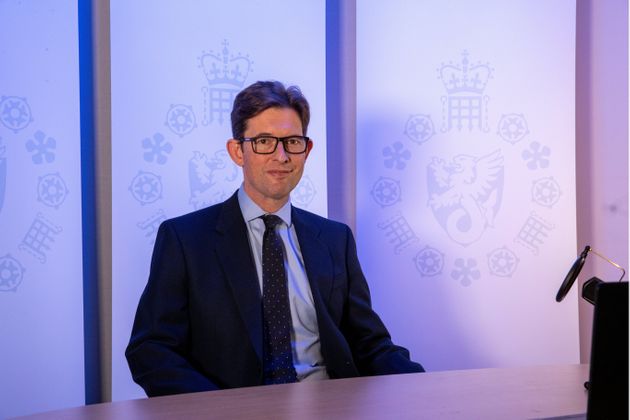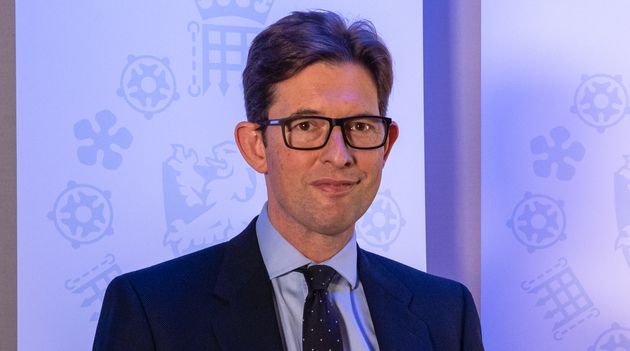The public should be as vigilant about the threat of foreign spies as they are about terrorism, MI5 director general Ken McCallum will warn today.
Giving his annual threat update, the intelligence chief will urge Britons to build up the same resilience and awareness of hostile state agents as they have been with Islamist or IRA terrorists.
In the update, the second since he took over the Security Service in April 2020, McCallum will challenge the assumption that the impact of hostile activity is felt only by government, institutions or named individuals.
His speech at MI5’s HQ in Thames House, London, will underline research showing that there have been 10,000 “disguised approaches” from foreign spies to British individuals – particularly researchers in universities or hi-tech companies – over a five year period.
China is understood to be at the forefront of attempts to use networking sites like LinkedIn to make contact with unsuspecting individuals, befriending them in an effort to gain access to research or other valuable information.
The spy chief will warn that the “consequences range from frustration and inconvenience, through loss of livelihood, potentially up to loss of life”.
“We must, over time, build the same public awareness and resilience to state threats that we have done over the years on terrorism,” he will say.
McCallum will explain why the British public are not immune to the tentacles of hostile activity and outline how the constant undercurrent of these actions show why they should care about the covert activities of certain foreign states.
Calling out the pervasive risks from espionage, disruptive cyber-attacks,
misinformation and interference, the Director General will confirm that “we have
seen over 10,000 disguised approaches from foreign spies to regular people in
the UK, seeking to manipulate them.”
“UK victims of state espionage range way wider than just government. We see the UK’s brilliant universities and researchers having their discoveries stolen or copied; we see businesses hollowed out by the loss of advantage they’ve worked painstakingly to build.
“Given half a chance, hostile actors will short-circuit years of patient British research or investment. This is happening at scale. And it affects us all. UK jobs, UK public services, UK futures.
“To speak directly: if you are working in a high-tech business; or engaged in cutting-edge scientific research; or exporting into certain markets, you will be of interest – more interest than you might think – to foreign spies. You don’t have to be scared; but be switched on.”
To confront the threat, McCallum will call for a ‘whole-of-system response’, which includes increased public vigilance.
In the threat update, he will also address the current terrorism threat – including that in Northern Ireland.
He is expected to reference the withdrawal of UK forces from Afghanistan, comment on the scale of the threat from Extreme Right-Wing terrorism and emphasise the challenge posed to public safety by end-to-end encryption in apps such as WhatsApp.




